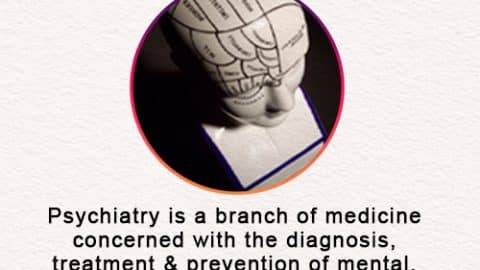- The existence of multiple definitions of mental health reflects its complexity and those of mental health disorders and mental well-being.
- Therefore, it is important to develop an inclusive and comprehensive definition that considers the socio-cultural and environmental factors influencing mental health.
The Many Definitions Of Mental Health
Mental health is a complex and multifaceted concept that encompasses various dimensions of well-being. Over the years, numerous definitions of mental health have emerged, reflecting different perspectives and approaches.
These definitions attempt to capture the diverse aspects of mental well-being and provide a framework for understanding and promoting mental health.
One common definition of mental health is provided by the World Health Organization (WHO). According to the WHO, mental health is a state of well-being in which individuals realize their own abilities, cope with the normal stresses of life, work productively, and contribute to their communities.
This definition emphasizes the positive aspects of mental health, such as self-realization, resilience, and social engagement.
Psychiatry, a medical specialty focused on mental health, offers another perspective. In the field of psychiatry, mental health is often defined as the absence of mental disorders or illnesses.
This approach places emphasis on diagnosing and treating specific mental conditions, using criteria outlined in diagnostic manuals like the Diagnostic and Statistical Manual of Mental Disorders (DSM-5).
Positive psychology, a relatively new field, takes a strengths-based approach to mental health. According to positive psychology, mental health involves the cultivation of positive emotions, character strengths, and a sense of meaning and purpose in life. This definition highlights the importance of psychological well-being and personal growth.
The Challenges Of Too Many Definitions Of Mental Health
While the existence of multiple definitions reflects the complexity of mental health, it also poses challenges. Having numerous definitions can create confusion and hinder efforts to address mental health effectively. The lack of a universally accepted definition makes it difficult to establish consistent standards for research, policy-making, and clinical practice.
It is as journalist Martha Gill, writing for The Guardian, puts it: “The definition of mental health has been widened so much that it’s now almost meaningless. In our newly aware world, serious conditions such as psychosis and schizophrenia are overlooked.”
Moreover, the diverse definitions of mental health can contribute to stigmatization and discrimination—thereby hindering mental health awareness.
When mental health is narrowly defined as the absence of mental disorders, it perpetuates the notion that individuals with diagnosed conditions are “abnormal” or “defective.” This can lead to social exclusion and a reluctance to seek help due to the fear of being labeled as mentally ill.
Limiting Definitions To Raise Awareness Of Mental Health
To address the problem of too many definitions of mental health, it is crucial to find common ground and develop a more inclusive and holistic understanding.
Rather than limiting mental health to the absence of mental disorders or focusing solely on individual well-being, a comprehensive definition should consider the social, cultural, and environmental factors that influence mental health.
Raising mental health awareness requires promoting a definition that encompasses the entire spectrum of mental well-being. This means recognizing that mental health is a continuum, ranging from optimal mental well-being to mental illness. It involves acknowledging that everyone has mental health and that it can fluctuate throughout life.
By adopting a broader definition, we can foster a more inclusive and supportive society. This approach helps reduce stigma and encourages individuals to seek help when needed. It also emphasizes the importance of prevention and early intervention, as maintaining good mental health is as vital as addressing mental illness.
Furthermore, a comprehensive definition of mental health allows for a more holistic approach to treatment and support. Instead of focusing solely on symptom reduction, interventions can prioritize promoting resilience, well-being, and social connectedness.
This approach recognizes that mental health is influenced by various factors, such as social support, access to resources, and the ability to cope with stressors.
Know More About –
Related Articles –
- The Haunting Of Our Minds: The 11 Types Of Psychological Ghosts That Live In Your Head
- How Does Mental Health Affect Physical Health? Unlocking The Underrated Connection To Well-Being
- Successful Tips for Taking a Mental Health Day: When and Why You Should Consider It





